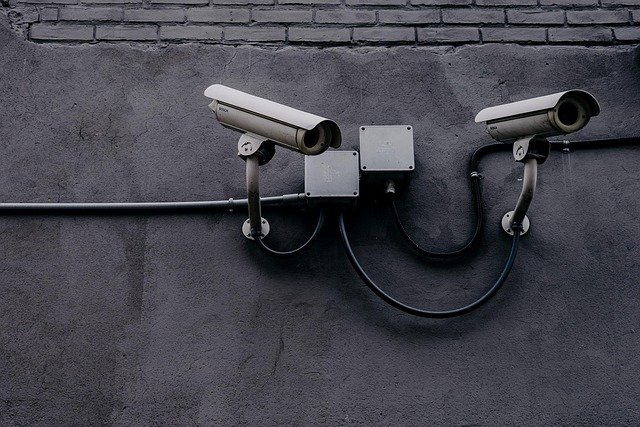Work in Security – Practical Roles for Protection and Oversight
Employment in the security field involves overseeing safety, responding to incidents, and maintaining order in assigned areas. Positions may focus on entry control, patrols, or surveillance system monitoring. Job requirements vary depending on the location and scope of responsibilities.

Understanding Core Security Functions and Responsibilities
The security field encompasses various protective functions that contribute to maintaining safe environments. Professional security personnel typically handle access control measures, conduct regular surveillance, monitor security systems, and document incidents. These fundamental duties create layers of protection that help prevent unauthorized access and maintain order within designated areas.
Essential Skills for Security Professionals
Success in security work requires a combination of technical knowledge and interpersonal abilities. Strong observation skills and attention to detail are crucial for monitoring activities and identifying potential issues. Additionally, clear communication abilities and conflict resolution techniques enable security personnel to manage challenging situations effectively while maintaining professional composure.
Coordination with Emergency Services
Security professionals often serve as a crucial link between private organizations and public safety agencies. This coordination may involve documenting incidents, providing first responder access during emergencies, and sharing relevant information with law enforcement. Understanding proper protocols for emergency response and maintaining professional relationships with public safety partners is fundamental to these roles.
Training and Professional Development
The security industry maintains specific standards for personnel qualification and ongoing education. Many positions require completion of state-licensed training programs covering topics such as legal responsibilities, emergency procedures, and security operations. Continuing education helps security professionals stay current with evolving safety protocols and technology.
Security Career Paths Across Industries
Different sectors maintain unique security requirements based on their specific needs:
| Industry Sector | Primary Focus Areas | Typical Requirements |
|---|---|---|
| Corporate | Access management, visitor screening | Professional appearance, customer service skills |
| Healthcare | Patient safety, asset protection | Healthcare security certification, medical privacy training |
| Retail | Loss prevention, customer safety | Loss prevention training, surveillance experience |
| Education | Campus safety, emergency response | Background in education security, crisis management |
Professional Growth and Advancement
Career progression in security often involves gaining specialized certifications and advanced training. Leadership positions may require additional education in security management, risk assessment, or emergency planning. Professional organizations offer resources for networking and skill development that support career advancement in various security specializations.
The security field provides opportunities for those interested in protective services to develop rewarding careers focused on maintaining safety and order. Through proper training, skill development, and professional growth, security personnel contribute significantly to organizational and public safety objectives.




